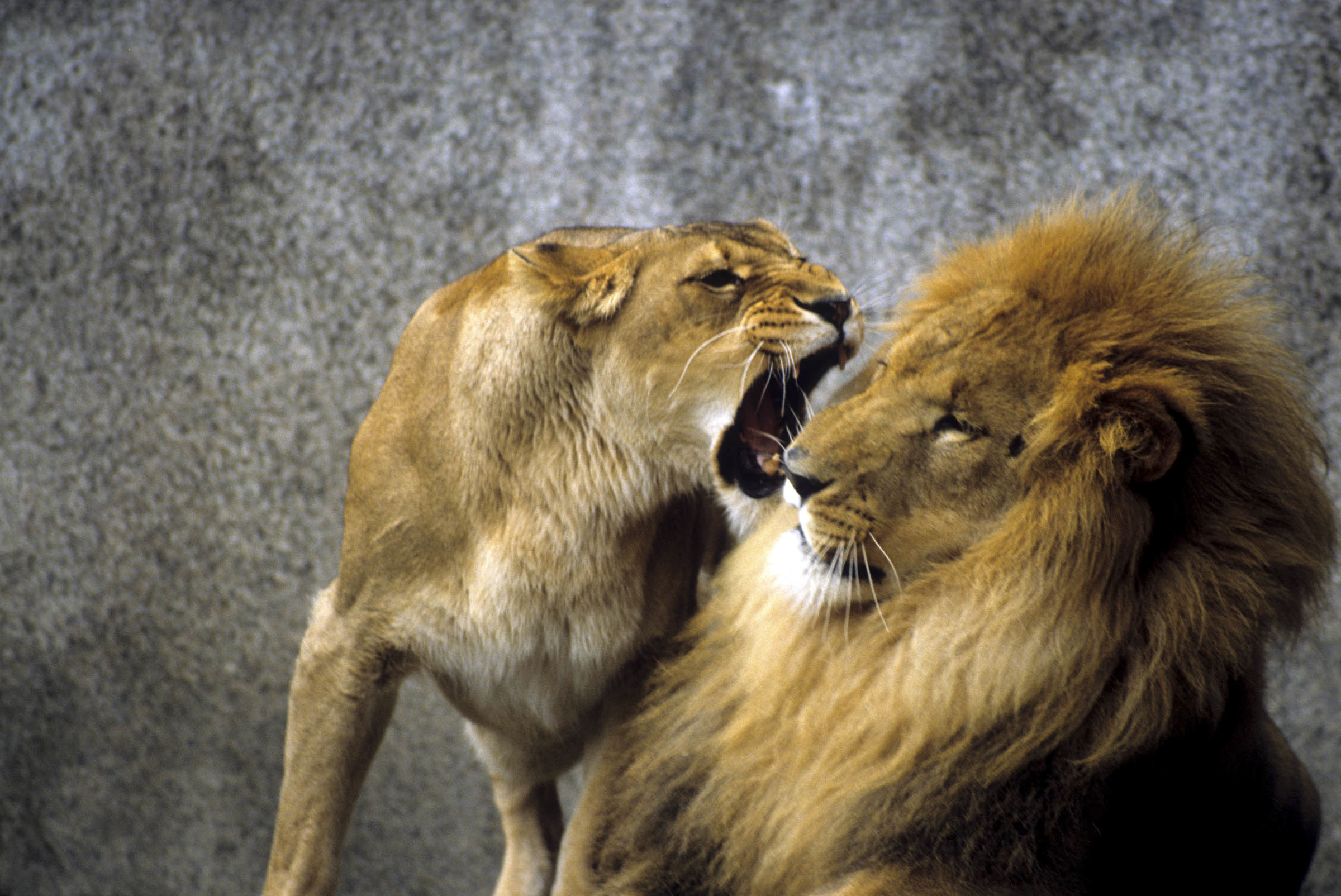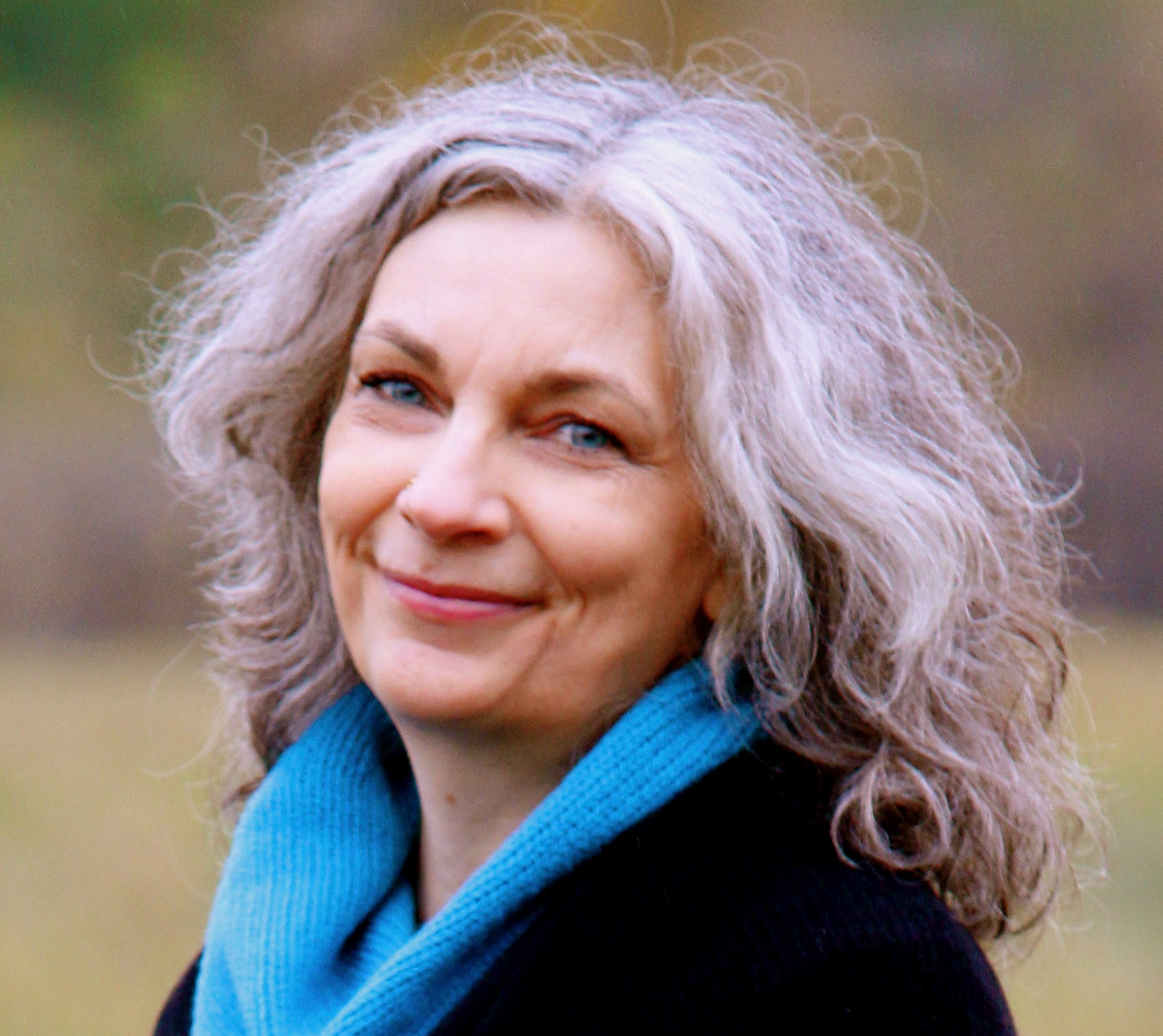What do you believe? I know, a huge question because I didn’t ask what do you believe about something in particular. What do you believe in general? What have you been taught throughout your life? About yourself? About what you can expect out of life? About how other people see you, what they expect from you, about your place in the world…
Yup. Still a big question. But well worth considering.
Okay, here’s another one, maybe not quite so broad. Is there anything you’d like to change about yourself or your life. Yeah, I know, the answers to that could be Big Things and they might still be quite broad and general (eg. “I want to be happy”). But at least a big answer is still an answer and it gives you a starting point if you want to move forward in your life.
Is there any area of your life or yourself that feels negative in some way? For example, the way you feel about yourself? Are you one of those people who speaks in a self-deprecating way? Do you think you’re “not as good as,” or that people don’t like you?

Basically, are there areas of your life that don’t make you happy or that don’t work for you in some way?
If the answer to that is “Yes,” then let me ask you this: Do you want to change any of it?
If the answer is “Yes” again, start by looking at what you believe about the current situation. Write it down. There’s a lot of power in seeing the written words. Don’t skip this important step.
Now look at your beliefs. Where did they come from? Did they come from your parents, or others who taught you to have those beliefs? Did they come from some experience(s) in your life? And most importantly, is there any evidence to support your beliefs?
It is true that much of what we believe comes from childhood, what we were taught by parents, teachers, other people, life experience. We go out into the world and act on those beliefs, whether or not they’re based in fact. We don’t usually stop to question them. We just keep putting one foot in front of the other, making choices based on our beliefs. If we think of them at all, we think of them as fact. And we validate those beliefs by continually putting ourselves in positions that match them.
The Difference Between Fact and Belief
A belief is not a fact. It is merely an opinion that is held to be true, but it’s definitely not a fact.
For example, if you’re raised in an abusive and oppressive environment, you grow up thinking this is normal. So you surround yourself with people and situations that validate those beliefs.
If you grow up in a home where there is respect and kindness, and where there is nothing that looks like abuse, you believe that’s how people should treat each other. It’s normal for you, and you will gravitate toward similar situations.
How to Use Your Beliefs to Your Advantage
Your experiences shape your beliefs, but you are always free to change what you believe. “Two plus two equal four,” that’s a fact and cannot be changed. “People hit and insult each other;” that is a belief that can be changed.
Look at the areas of your life that you wish were different. Pick apart your beliefs about those situations. Ascertain which ones are based in facts (i.e. “My bills equal this and my income is that”), and which ones are based on your opinions, or the opinions of others (“You’ll never be successful.”). If you hold self-destructive beliefs – that is, any beliefs that harm you or cause you pain or distress, whatever their source – you’re free to change them.
For example, if you’ve failed at something in your life, this does not mean you are “a failure.” You are not your behaviours and experiences. Negative self-talk is based on a subjective opinion that came from you or others. Just because someone else says you are worthless or stupid, it does not mean it is a fact. And I can promise you, you do not deserve to be insulted.

Consider the beliefs that are behind the situations you’d like to change. You’ll find plenty that are oppressive, stifling, inaccurate, just plain false, and that don’t serve any purpose except to cause you harm, hold you back, or prevent your happiness.
You’re free to turf them and keep the ones that make you happy, that allow you forward movement in your life. And you’re allowed to create a bunch of new ones that will add to that. But you don’t have to keep the ones that are giving you grief.
They’re only thoughts in your head. That means you have complete control over them. Keep them; chuck them. It’s up to you. But just bear in mind that the ones you keep are the ones that form the basis for your choices in life. Your reality is created by what you believe.
Remember this: Unless and until you change your damaging beliefs, you will continue to surround yourself with situations that validate them – no matter how harmful they are to you and no matter how unhappy they make you.
Choose your beliefs wisely.

